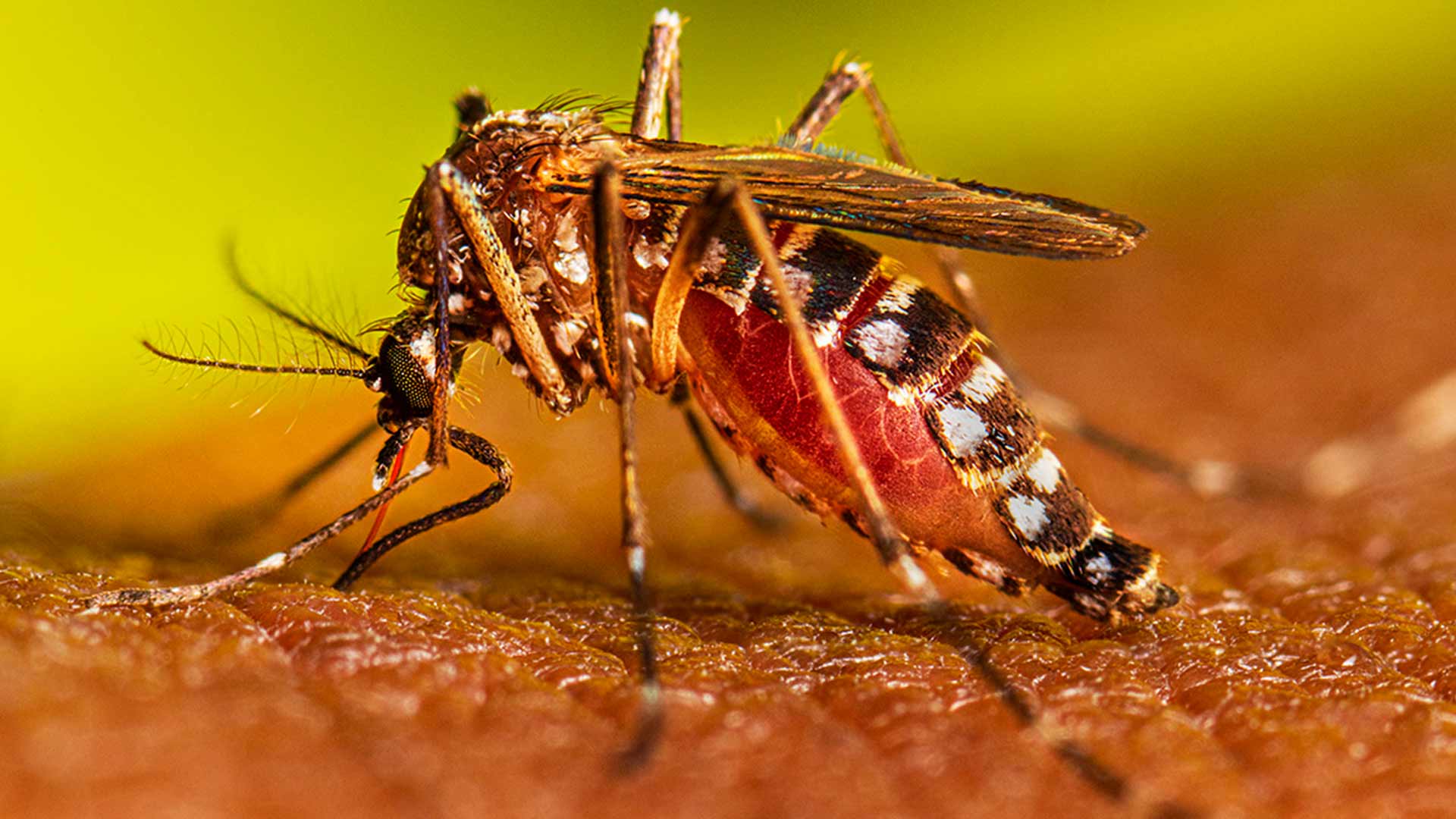By: DR. AZIZUR RAHMAN
Dengue fever is known to be an extremely painful illness. Those who suffer from it often experience weakness, and the fever can linger in the body for a long time. However, it’s important to remember that dengue is not usually fatal. Proper rest and adherence to treatment guidelines make it possible to fully recover from the illness.
What is dengue fever, and how is it spread?
Dengue fever is caused by the dengue virus and is carried by the bite of the Aedes aegypti mosquito. If a mosquito carrying dengue fever bites a person, the person will develop dengue fever within 4 to 6 days. Now if a sterile Aedes mosquito bites this infected person, that mosquito also becomes a mosquito that carries dengue fever. In this way, dengue spreads from one person to another through mosquitoes.
Dengue is mainly of two types: classical and dengue hemorrhagic.
When and who gets dengue fever more
From May to September, especially during the hot and rainy season, the incidence of dengue fever is high. This fever does not occur in winter. Dengue mosquitoes can survive in the larval stage for a long time in winter. At the beginning of the monsoon, dengue virus-carrying mosquitoes spread from them.
Symptoms of dengue fever
Classical dengue fever usually presents with high fever and severe body aches. Fever is up to 105 degrees Fahrenheit. There is severe pain in the body, especially in bones, hips, back, joints and muscles. Besides, there is a headache and pain behind the eyes. Sometimes the pain is so intense that it feels like the bone is breaking. So another name for this fever is “break-bone fever”.
During 4 or 5 days of fever, red rashes appear all over the body, called skin rash, much like allergies or scratches. It can be accompanied by nausea and even vomiting. The patient experiences excessive fatigue and loss of appetite. Usually, the fever goes away after 4 or 5 days; in some patients, the fever comes back after 2 or 3 days. It is called “biphasic fever”.
Dengue hemorrhagic fever
This situation is the most complicated. In addition to the signs and symptoms of classical dengue fever, the other problems that occur in this fever are-
Bleeding starts from different parts of the body, such as under the skin, through the nose and mouth, from the gums and teeth, with phlegm, vomiting blood, fresh blood or black stool with the stool, between the eyes and outside the eyes, premature menstruation in women or bleeding for a long time when the bleeding starts, etc.
Water in the chest and the stomach may appear during this disease. The patient’s liver is often affected, and complications such as jaundice and renal failure due to kidney disease may occur.
Dengue shock syndrome
Dengue shock syndrome is the worst form of dengue fever. Dengue hemorrhagic fever leads to dengue shock syndrome due to circulatory failure. Its symptoms are-
A sudden drop in blood pressure.
The pulse is very weak and rapid.
Hands, feet and other parts of the body become cold.
Decreased urination.
The patient may suddenly lose consciousness. It can even lead to death.
When to see a doctor?
There is no specific treatment for dengue fever. However, this fever usually gets better on its own. So simple treatment according to symptoms is sufficient. But in some cases, it is better to consult a doctor-
Bleeding from any part of the body.
If platelet levels decrease.
If breathing or swelling is difficult in the stomach, water comes.
If the amount of urine decreases.
If jaundice occurs.
If excessive fatigue or weakness occurs.
If you have severe stomach pain or vomiting.
What should be done to treat dengue fever?
Most patients with dengue fever usually get better on their own within 5 to 10 days. Even without treatment. But the patient must follow the doctor’s advice. So that there are no serious complications due to dengue. Dengue fever is actually a confused disease, in most cases it is treated according to the symptoms.
Rest until fully recovered.
Sufficient amounts of water, syrup, canned water and other liquids should be consumed.
If unable to eat, saline can be given intravenously if necessary.
Paracetamol alone is sufficient to reduce fever. Pain medications such as aspirin or diclofenac should never be taken. This will increase the risk of bleeding.
Wipe the body with a wet cloth to reduce fever.
How to prevent dengue fever
The key to preventing dengue fever is to prevent the spread of Aedes mosquitoes and prevent them from biting. Remember, Aedes is a gentle mosquito, they live in big, beautiful buildings in elite areas. This mosquito lays its eggs in clear water. They don’t like dirty, smelly drain water. Therefore, to prevent dengue, the places suitable for laying eggs of Aedes mosquitoes should be kept clean, and at the same time, necessary measures should be taken to kill mosquitoes.
Shrubs, forests, water bodies etc., around the house should be kept clean.
Since the Aedes mosquito mainly lays its eggs in objects where clear water accumulates, vases, unused buckets, can shells, abandoned tires, etc., should be removed. Arrangements should be made to prevent water accumulation in used items such as open water tanks, flower tubs etc.
Children who go to school should be sent to school in full pants or pajamas instead of shorts.
A patient with dengue must always be kept under a mosquito net. Along with the use of sprays, coils, and mats for killing mosquitoes, mosquito repellents should be used day and night to avoid mosquito bites.
Dengue fever may or may not be eradicated. No vaccine has come out. No effective medicine has been discovered. The dengue fever mosquito was present in our country before and still is. There is also a breeding and breeding environment for mosquitoes. So dengue fever will continue in the future. Only through awareness and prevention is it possible to survive.

